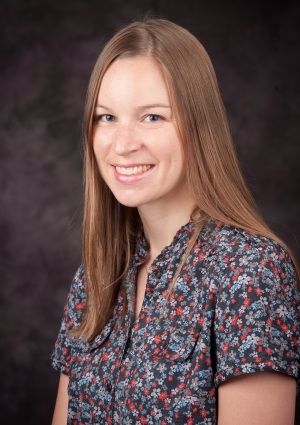Kansas State University scientists and an international team of researchers are now able to observe double ionization events at attosecond timescale, thus paving the way to better understand the interactions between light and matter.
 Nora Johnson
Nora Johnson
The researchers have also discovered that these ionization events happen earlier than believed. This discovery is helpful in better understanding correlated electron dynamics, which describe the interactions between two electrons.
Members of the Kansas State University research team include Nora Johnson, Itzik Ben-Itzhak and Matthias Kling. All are part of the James R. Macdonald Laboratory of the university. Kling is the principal investigator of the research.
Johnson informed that the study analyzes whether the correlated electrons, removed from a molecule or an atom, are moving in the opposite or same directions. Moreover, it is possible to identify whether one electron carries all the energy or the energy shared equally between them.
Double ionization involves the removal of two electrons from an atom by a powerful laser pulse. In the laser field, double ionization takes place in a sequential manner, wherein the electrons are removed one by one by the laser pulse. In this study, the researchers have observed the nonsequential double ionization process, wherein the laser first ejects one electron, which is agitated and sweeps over the second electron to agitate it. The laser then ejects the second electron.
In the study, a 4 fs-long laser pulse was sent onto argon atoms. What the researchers observed was roughly one in thousand atoms experienced non-sequential double ionization and the removal of the second electron occurred 200 attoseconds prior to the point when the laser field became the strongest. The researchers also observed that the time between the second ionization and the recollision is 400 attoseconds.
Johnson is now conducting similar investigation with molecules at the Macdonald Laboratory. Johnson commented that the complexity of a molecule is much higher than that of an atom, meaning that molecules have richer reaction dynamics. The researchers are happy to conduct correlated electron dynamics study at the next complexity level to better understand them.
Source: http://www.k-state.edu/